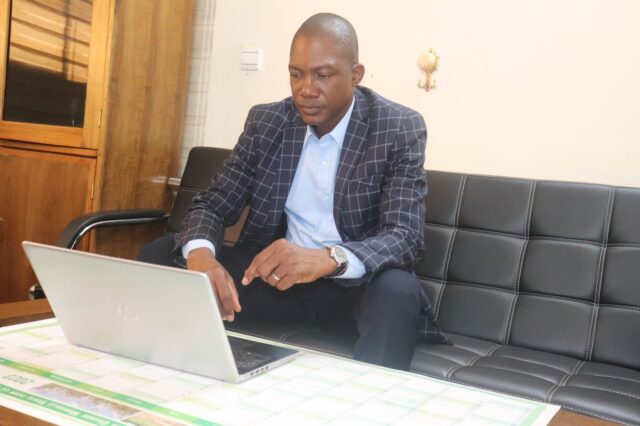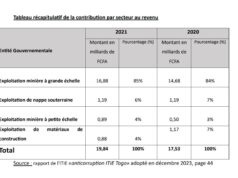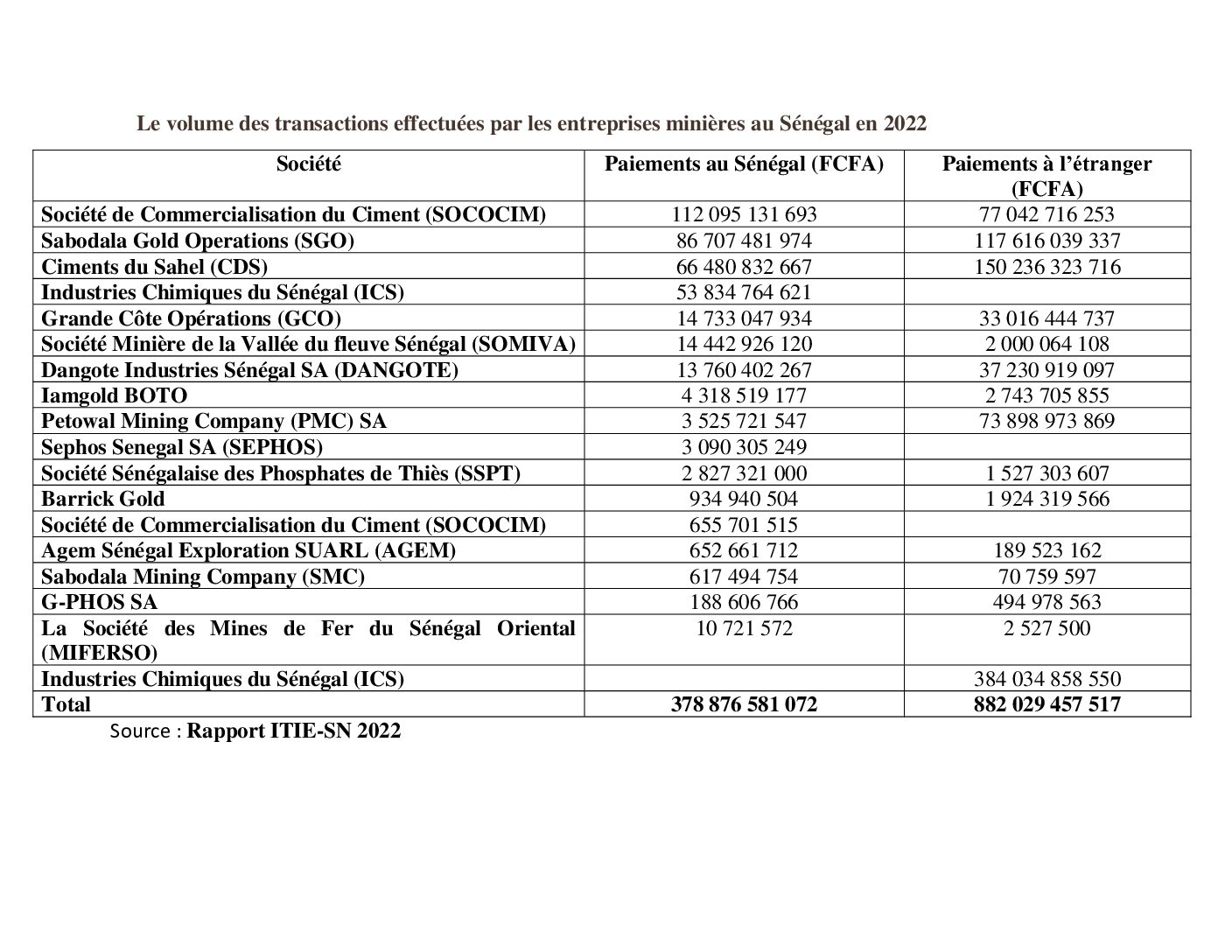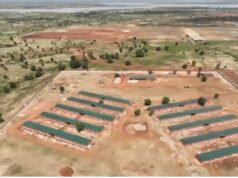The National Environmental Assessment Agency (Agence nationale des Évaluations environnementales, ANEVE) is the structure responsible for implementing all environmental assessment strategies in Burkina Faso. What are the recurring failings in terms of non-respect for the environment? What are the difficulties encountered by ANEVE and how can they be overcome? ANEVE’s Managing Director, Alain P.K. Gomgnimbou, answers this question in this interview.
Mines Actu Burkina: What are the most common ways in which the environment is not respected?
Alain P.K. Gomgnimbou: The most common failings concern the failure to carry out environmental assessments prior to the implementation of projects. The failure to carry out regular environmental audits at the appropriate intervals is also a shortcoming. As long as we don’t put pressure on them, the vast majority of project promoters don’t carry them out. Other shortcomings can be found in the pollution that harms the environment. Pollution in the form of waste from a project that emits gases and fumes. These emissions are a problem, even if the developer complies with the standards. Another shortcoming in terms of monitoring is the difficulty of establishing pollution indicators. This requires sophisticated methods. In addition to air pollution, there is also groundwater pollution.
What are the penalties for not respecting the environment?
Administrative sanctions include formal notices and requests to rectify shortcomings. Take the case of a factory that discharges its wastewater into the environment when it should be collected and treated. If the plant does not have a treatment system, the authorities can require it to install one. If the activity is dangerous, with proven harmful effects, the penalty may go as far as withdrawing authorisation to carry on the activity.
There are penalties and fines for Category A projects. If a promoter starts his activity without an environmental and social impact study, he can be fined between 10 and 50 million FCFA in addition to carrying out the study. The fine can be between 1 and 5 million FCFA when the project is in category B, which includes resorts, inns, packaging units, etc. If the structure is functional, the fine is between 500,000 and 2 million FCFA for failure to carry out environmental audits.
What assets does ANEVE have to monitor the mining sector?
ANEVE has access to the existing legal and regulatory framework. Today, everything is governed by well-developed texts that enable this monitoring to be carried out. Since 2020, ANEVE has been an autonomous agency with its own statutes and administrative and financial autonomy, which in principle enables it to cover its national dimension. It is ANEVE’s responsibility to ensure compliance with environmental assessment legislation. All ministerial departments and technical and financial partners also value ANEVE and rely on it when it comes to integrating environmental safeguards into projects.
What are the difficulties encountered by ANEVE and how can they be overcome?
The statutes of ANEVE date back to 2002, when it was established as a state-owned public body. The texts are still being reviewed to identify certain shortcomings. Better anchoring and representation at regional level will speed up the processing of applications.
In terms of human resources, there is a need for highly qualified staff in certain areas. ANEVE must make efforts to build the capacity of these agents to deal with environmental issues.
What are the reasons and impacts of the failure to rehabilitate mining sites in Burkina Faso?
This is a reality, but on two levels: historical and regulatory. The first mining projects closed at a time when there were perhaps no legal provisions to deal with the issue of rehabilitation. This was the case with the Poura mine. Nowadays, the regulatory framework exists and even institutes a mine rehabilitation and closure fund. It is up to us to take steps to ensure that mines at the end of their life can submit their rehabilitation and closure plans. It’s true that there are administrative adjustments to be made, in particular to examine the plans that are submitted, but these are things that will soon be sorted out. If the mines are not rehabilitated, the harmful effects will continue and we will be heading for a catastrophe that we will not accept at our level. The damage will be enormous in terms of pollution and biological damage. There is a serious threat to certain areas if these sites are not rehabilitated.
Do you have any recommendations to make?
As ANEVE is part of the State, we should continue to play our part in enforcing the laws and be much more vigilant about certain strategic aspects, such as the issue of rehabilitation, which is still a problem. As far as the projects are concerned, we also need to ensure that they are socially responsible and move towards environmentally-friendly management practices. They must comply with the regulations in force, because the sustainability of projects cannot be based on economic aspects alone. You have to combine economic and social aspects, but also environmental protection.
As for civil society, we must work to ensure that these players are involved in this process. Society has a great deal of responsibility and they help to highlight shortcomings. They can also be good relays at regional and even local level so that certain situations experienced at certain sites can be relayed.
What’s your final word?
Above all, I’d like to thank you for this initiative, which gives us a platform to talk about our activities. We have to respect the law, we have to take responsibility for environmental issues. The effects are visible. The climate change we are feeling in one way or another is the effect of our own activities. We need to focus more on environmental issues, as we often say, we can act locally and think globally.
Interview conducted by Rachid Ouédraogo
#Mines_Actu_Burkina










